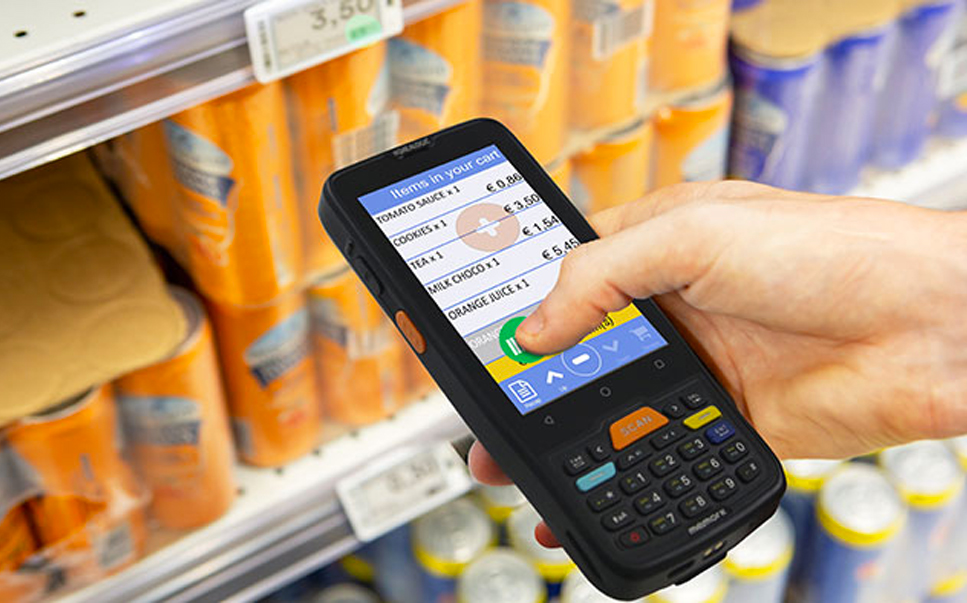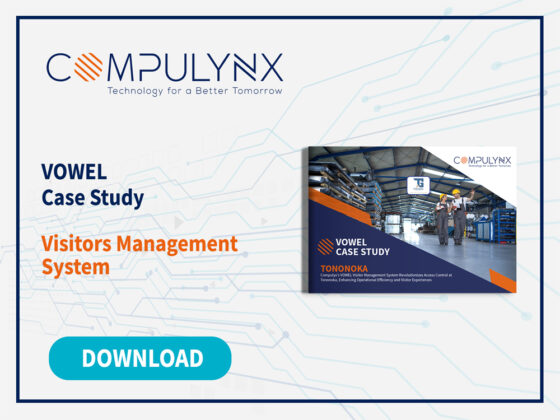Are you interested in barcode scanner software for your business? Taking this step will increase your team’s productivity. It will also virtually eliminate counting and data entry errors that inevitably result from trying to track inventory using spreadsheets. Before you make a final decision about buying a scanner program, you’ll want to make sure it has your company’s / business needs and priorities covered. There are a lot of barcode scanners that are available and it can be difficult to choose the right one for your business.
Below are guidelines you can follow to choose the best barcode scanner for your business:
- Portability and Ideal Environment
Portability is a huge factor when selecting a barcode scanner. For this, consider the type of environment the scanner will work in. Let’s say the scanner is going to be traveling and going out into the field. What are some important qualities? You may want a durable scanner, water-resistant, can be used in extreme temperatures and is portable. If the scanner is being used in retail, it may not need to be portable and or endure extreme conditions. Barcode scanners are built for various working conditions, and it is important to consider what kind is yours when picking a scanner
- The design & Reliability
One of the common mistakes that many businesses make is to ignore the physical appearance of the scanner. Remember that if you are purchasing a handheld barcode scanner the weight, physical aspects, and performance reliability matter a lot.
Handheld scanners should be lightweight and comfortable to hold.
- Mobility of the scanner and range: As a business owner, you also need to pay attention to the flexibility of the barcode scanner.
- POS Compatibility: POS-scanner compatibility is important to consider when you purchase a barcode scanner. Some devices are only compatible with one type of software, and some are more flexible and can handle different hardware and software. It is important to choose a barcode scanner that can easily connect with every station of your business.
- 1D / 2D, or Both?
Your chosen scanner must meet the scanning needs of your application. What type of barcodes do you need to scan? There are generally two classes – 1D or linear barcodes (like the traditional UPC retail code) or 2D codes that can hold significantly larger amounts of data. These include familiar codes like QR Code.
2D barcodes require an imager-based scanner, while 1D codes can be read with either an imager or a laser scanner. If you are primarily reading UPC or “license-plate” style barcodes, then a laser scanner or linear imager scanner may suffice. If you are already scanning 2D codes, or may need to scan them in the future, then you’ll need an area imager. Imagers also provide other benefits, including the ability to take photos and scan text. They also tend to be more durable.
You’ll also need to determine how far away from the barcode the scanner will be. Scanners have a finite read range that varies based on the model and the technology. This can range from a few centimeters up to several meters for long-range warehouse scanning. The scanner’s read range and the type and size of barcode mark will need to be considered in concert to make the best selection.
- Look for Ease
You should choose a barcode scanner that is easy to use to have smoother transactions. Do not choose a scanner that takes time to connect with a station. Choosing wireless scanners that can be paired with Bluetooth can be beneficial for smaller businesses with fewer stations. The only disadvantage that wireless scanners have is that you would need to charge them first before you can use them.
- Mobility and Bluetooth Connectivity
If you’ve defined your business requirements, you already know if you need a cordless barcode scanner. While cordless scanners are convenient, not all cordless barcode scanners offer the same functionality. A cordless barcode scanner functions without being tethered to a power source, though it may not transmit data wirelessly to your central database.
That means that your staff could move about your facility or the field and capture data – usually with a storage limit on the handheld scanning device – and all stored data is later uploaded when the device is connected. Timely uploading of device data is key to avoid inventory conflicts and other errors from conflicting data captured on two handheld scanning devices.
If you’re looking for a solution that enables your staff to capture data on the go and have that data automatically transmitted and updated in a central database, you need a Bluetooth-enabled barcode scanner.
In conclusion, barcode scanners can assist your business in tracking outgoing and incoming inventory. With so many options on the market to choose from, following the guidelines offered above will be able to assist you in the process.
By Carolyne Rabut
Content Marketing – CompuLynx




